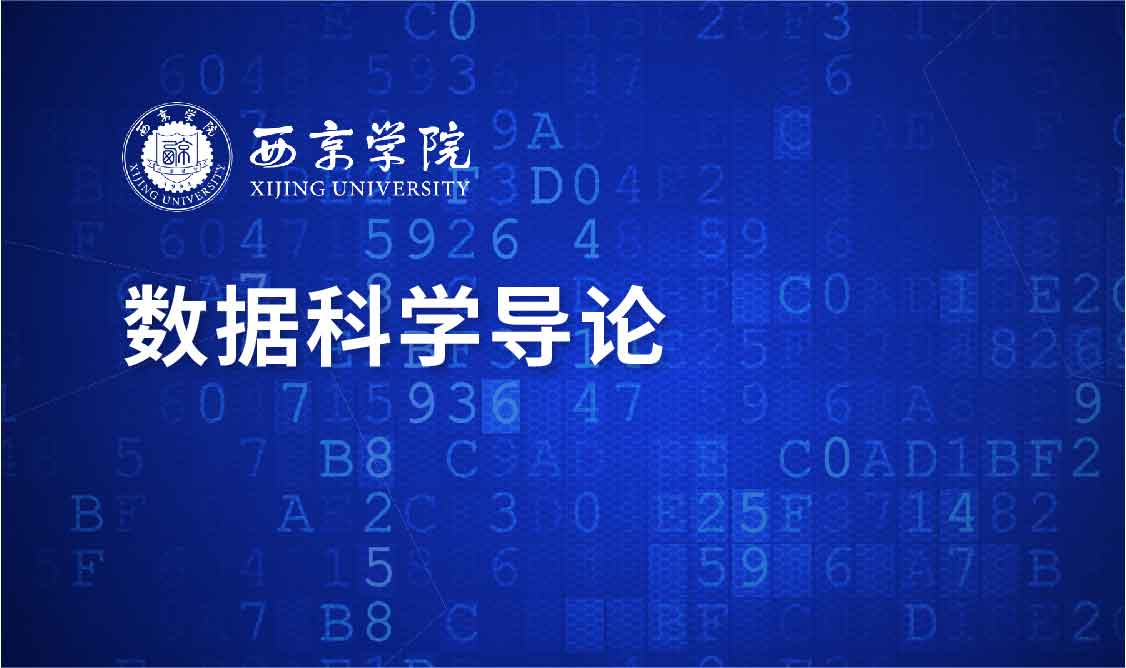New Horizons in Chinese Philosophy课程:前往报名学习
This course is an introduction to classical Chinese thoughts advanced by Confucius, Mozi, Laozi, Zhuangzi, Mencius, Xunzi, Hanfeizi and other legalist
开设学校:清华大学;学科:哲学、
This course is an introduction to classical Chinese thoughts advanced by Confucius, Mozi, Laozi, Zhuangzi, Mencius, Xunzi, Hanfeizi and other legalist
-What is this course about?
-Homework 1
-Historic Background
--2.1 Historic Background: Introduction
--2.2 Historic Background: Xia Dynasty and Shang Dynasty
--2.3 Historic Background: Zhou Dynasty
-Cultural Context
--2.4 Cultural context: ancestor worship
--2.5 Cultural context: natural spirits and the high god
-Homework 2: Context
-3.1 Hierarchical structure in politics
--3.1 Hierarchical structure in politics
-3.2 The ritual system of Zhou dynasty
--3.2 The ritual system of Zhou Dynasty
-3.3 The political system of Zhou dynasty
--3.3 The political system of Zhou Dynasty
-3.4 Cultural decline of Zhou
--3.4 Cultural decline of Zhou
-3.5 Confucius and his intellectual background
--3.5 Confucius and his intellectual background
-Homework 3: Zhou Dynasty
-4.1 Introduction to Confucianism
--4.1 Introduction to Confucianism
-4.2 The philosophy of Li
-4.3 Confucius's view on education
--4.3 Confucius's view on education
-Essay: Confucianism
-5.1 Ren: an introduction
-5.2 What is Ren?
-5.3 The relation between Ren and Li
--5.3 The relation between Ren and Li
-5.4 Family: a normative source
--5.4 Family: a normative source
-5.5 Confucian politics
-Homework 5: Ren
-6.1 Mohism: an introduction
-6.2 Mozi's theological politics
--6.2 Mozi's theological politics
-6.3 Mohist utilitarian ethics
--6.3 Mohist utilitarian ethics
-Essay: Mohism
-7.1 Laozi’s ineffable Tao
-7.2 Laozi’s Nature
-7.3 Human Realm
-7.4 Laozi’s Politics
-Homework 7: Laozi
-8.1 Metaphysics
-8.2 The World of Being
-8.3 The Human Realm
-8.4 The “True Man”
-Homework 8: Zhuangzi
-9.1 Social background
-9.2 Mencius and the Book of Mencius
--9.2 Mencius and the Book of Mencius
-9.3 Philosophic anthropology: human nature
--9.3 Philosophic anthropology: human nature
-9.4 Unmoved heart
-9.5 Philosophic anthropology summarized
--9.5 Philosophic anthropology summarized
-Essay: Mencius
-10.1 Social philosophy
-10.2 Political philosophy
-10.3 Mencius’s view of Heaven
--10.3 Mencius's view of Heaven
-Homework 10: Mencius
-11.1 Human nature
-11.2 Xunzi's political philosophy
--11.2 Xunzi's political philosophy
-11.3 Xunzi's educational philosophy
--11.3 Xunzi's educational philosophy
-11.4 Xunzi's social philosophy
--11.4 Xunzi's social philosophy
-Homework 11: Xunzi
-12.1 The Human and the Cosmic
--12.1 The Human and the Cosmic
-12.2 Debates with other thinkers
--12.2 Debates with other thinkers
-Homework 12: Xunzi Continued
-13.1 Evolution of Legalism
-13.2 Shang Yang
-13.3 Shen Buhai
-13.4 Han Feizi
-Homework 13: Legalism
-14.1 Legalism and Taoism
-14.2 Legalism in Practice
-Homework 14: Legalism
周允程,博士,清华大学外文系副教授。多年来从事分析哲学研究,特别是语言哲学的教学和研究。自2010年开始承担“中国哲学”课程的教学,面向清华的所有攻读硕士和博士的留学生讲授诸子时代的中国哲学。近十年来,积累了大量的教学经验,形成了一套成熟的教学模式。在此基础之上,进一步拓展课程体系,制作“中国哲学新视野”慕课。希望这个课程开放给更多在华留学生,并进而推向国外,向全球介绍中国思想和文化。


